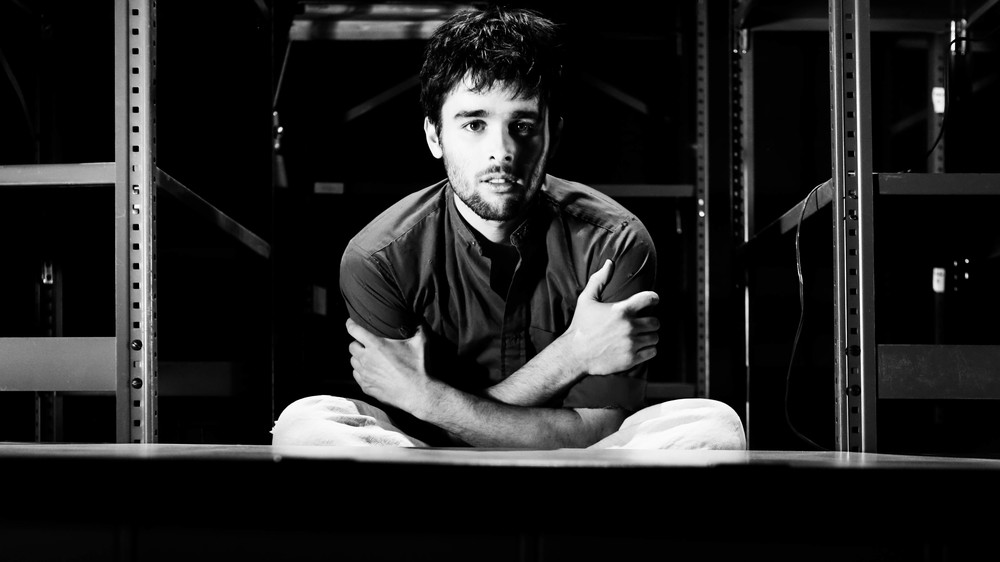
Skidmore Theater’s The Last Days of Judas Iscariot premieres this Thursday in the JKB Black Box. Staff Writer Ziggy Schutling ’18 met up with Chris Naughton ’17 to ask him about his experience portraying the titular character Judas Iscariot, and the experience of working on the show.
What is it like having to portray a real-life historical and biblical figure?
There is literally a line in the show that says “Not much is known about Judas Iscariot.” So not much is know about him. But I’ve done a lot of research into the way Judas has been portrayed over the past couple thousand years. There is the interpretation that Judas was greedy and bad: “Oh, I can make thirty pieces of silver, so I’m going to screw over Jesus!” But that just seems very easy. What has really drawn me in are ideas of Judas as a revolutionary, as someone who wants Jesus to act, but in a different way.
How has this role been more or less difficult than roles you have played in the past?
It required me to do research and find stuff out about the character. Once I found five or six important things, I thought “O.K. this is the character for me, I have to make decisions about his life.” I’ve spent a long time thinking: “Why did he betray Jesus?” That seems like something I should make a decision on [as the character].
What has been the most rewarding part of playing this role?
Going in so many different directions. We see Judas from different people’s perspectives, and we see him at such different points in his life—both in terms of age and in terms of mental state. So trying to find ways to differentiate those, but make sure he is still the same person has been a fun challenge.
How has the process been working with student directors?
I really love working with student directors. I think there’s something about being a student and knowing that your time here is finite. Working with people that know, as a student, that you sort of need to fail a lot first is great because then we take risks and do stupid things. If we fail we can just ask: “Where do we go from there?” But I’ve really enjoyed working with Hannah and Theo. And I always enjoy working with student directors because there’s this shared energy. Working with your peers means that we grew up with the same things and we’re at the same point in our lives. We have that understanding, which in terms of making an ensemble is very valuable.
What should the average audience member keep an eye out for?
I would like for people to come in and completely let their guard down. There is a lot of nonsense in this show, there’s a lot of silliness and stupidity. But there are also heartbreaking parts. If you come in ready to react to what is put in front of you, I think you’ll have a really spectacular time.
Last question: what is it really like to be living out the Last Days of Judas Iscariot?
Judas was dead so long ago! The name of this play is total nonsense. It’s not his last days–that’s bugged me this entire process. At the beginning of the show, he’s been dead for 2,000 years. And at the end of the show, he’s still dead. It’s all nonsense.
***
The Last Days of Judas Iscariot performs in the JKB Black Box from March 3rd through March 9th. Tickets are available online here: http://tinyurl.com/j5fua8m
This interview has been edited and condensed.
Ziggy Schulting is a sophomore English/Theater double-major and a staff writer for the Living Newsletter.
